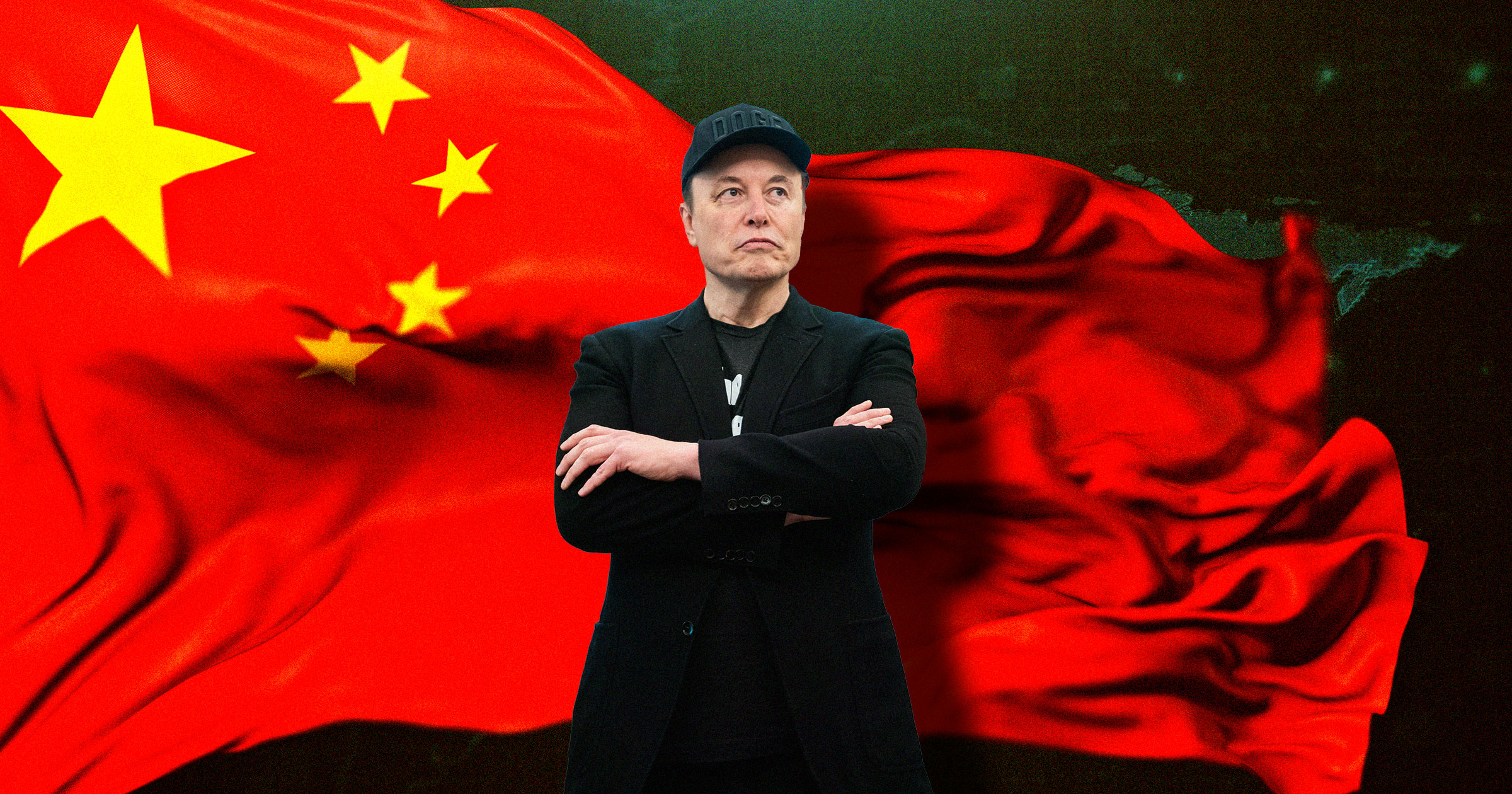Testimony has emerged indicating that Elon Musk’s SpaceX has accepted investments from Chinese entities, raising alarms regarding potential national security implications. According to a deposition reported by ProPublica, major investor Iqbaljit Kahlon confirmed in February 2024 that “they obviously have Chinese investors to be honest.” This revelation highlights SpaceX’s connections to a country often viewed as a significant adversary to the United States, prompting concerns about the potential for foreign espionage.
The testimony notes that some Chinese investors are documented as shareholders, intensifying scrutiny of SpaceX’s financial relationships. This development follows earlier reports from March 2024, which stated that the company permitted Chinese investments, provided the funds were routed through offshore locations like the Cayman Islands. Such practices suggested an attempt by SpaceX to evade scrutiny regarding its ties to China.
In a significant incident, SpaceX reportedly canceled a $50 million deal with a Chinese firm when the agreement became public. Following the March revelations, a group of Democratic lawmakers addressed a letter to Secretary of Defense Pete Hegseth and NASA, expressing serious concerns about perceived conflicts of interest surrounding the company. The letter emphasized the lack of transparency regarding Chinese investments in SpaceX, particularly given the sensitive nature of the company’s work for the Department of Defense and NASA.
Military Contracts and National Security Risks
SpaceX has established itself as a crucial military contractor, securing numerous multimillion-dollar contracts for launching spy and weather satellites. Earlier in 2024, Ars Technica reported that SpaceX had received the majority of recent military launch contracts, including seven contracts from the Space Force and the National Reconnaissance Office, totaling approximately $845.8 million. In contrast, its competitor, the United Launch Alliance, was awarded only two contracts.
Musk has cultivated a pro-China stance, particularly through his electric vehicle company, Tesla, which has forged important relationships within the Chinese market. However, this contrasts sharply with the current U.S. administration’s strategy, which has taken a hard line against Chinese influence, escalating trade tensions and implementing new restrictions on Chinese technology.
Given SpaceX’s substantial ties to China, concerns are mounting about potential risks to the U.S. military and the integrity of its operations. During a House subcommittee meeting in February, New Jersey Democrat LaMonica McIver criticized Musk, suggesting he could be perceived as China’s “top puppet.” McIver expressed that if lawmakers were genuinely concerned, they would not support transferring sensitive information to an individual whose intentions remain unclear.
The implications of these developments are likely to fuel ongoing debates in Washington, D.C., as policymakers grapple with the balance between innovation in the space sector and national security. With SpaceX continuing to play a pivotal role in military operations, the situation warrants close examination, as the potential for foreign interference poses significant challenges for the U.S. defense landscape.





































































